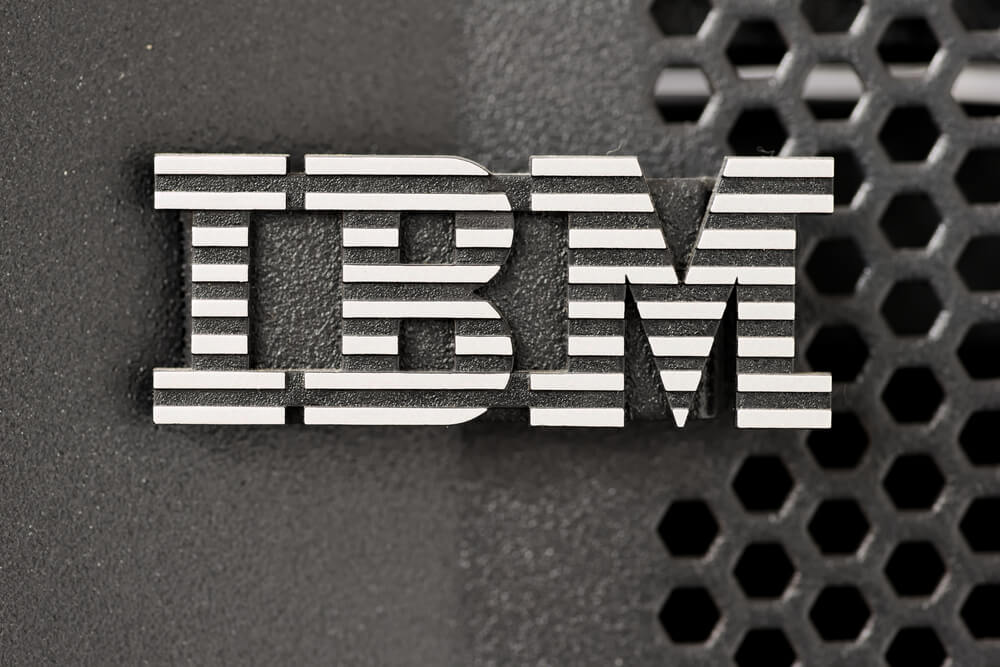IBM Invests $200 Million in Watson IoT Blockchain Development

IBM has invested $200 million USD in the Watson Internet of Things (IoT) global headquarters in Munich, Germany, including new IoT capabilities related to blockchain.
IBM will support Watson IoT Technologies’ efforts to deliver insights from billions of sensors in cars, drones, machines, ball bearings, equipment, and even hospitals, according to a press release .
The investment is part of a $3 billion USD global outlay to bring Watson cognitive computing to IoT. The $200 million investment in one of IBM’s largest in Europe, as it attempts to address rising customer demand for transforming operations with artificial intelligence and IoT technologies. IBM presently has 6,000 customers tapping Watson IoT solutions, up from 4,000 in the last eight months.
First IoT Collaboratives
The Watson IoT headquarters will house the first IoT Collaboratives. These are labs where customers and partners can collaborate with IBM’s 1,000 engineers, researchers, business experts, and developers in Munich to develop electronics, automotive, health care, manufacturing, and insurance innovation.
The developers will address leading industry challenges, apply new technologies and concepts to create IoT solutions, test and develop new business models and services, and push the boundaries of what IoT makes possible.
Harriet Green, the global head of IBM’s Watson IoT business, said IBM is making big strides to make sure companies can take advantage of technological transformation and create products and services that change peoples’ lives. She noted Germany is at the forefront of the Industry 4.0 initiative and is inviting IBM clients to join the innovation.
Companies Embrace IoT
Companies worldwide are demonstrating real business outcomes through Watson IoT, including:
Schaeffler, a German automotive and industrial supplier, has signed a multi-year agreement with IBM to accelerate the digital transformation of its customer solutions and operations using Watson’s insight and cognitive intelligence from billions of sensors.
Tapping the analytics and connectivity from Watson IoT platform and IBM’s cloud technologies will allow Schaeffler to study large amounts of data from millions of devices and sensors, and yield insight to allow it to make faster decisions, optimize equipment performance, and be more flexible.
Aerialtronics, a producer and designer of unmanned aircraft systems, announced its first commercial drones with cognitive computing capabilities from the IBM Watson IoT platform on the IBM Cloud. The Netherlands-based company’s vehicles can deliver high-quality inspection services across multiple industries, including inspecting wind turbines and monitoring city traffic patterns.
Instead of climbing towers, inspecting key areas, and reporting findings, the teams can send the drones from the ground instantly and gain a 360-degree, high-resolution overview through high definition cameras and Watson’s visual recognition analytics.
Thomas Jefferson University Hospitals Inc., with three facilities and over 900 acute care beds in Center City, Philadelphia, Pa., is partnering with IBM on cognitive hospital rooms powered by the IBM Watson IoT platform that brings deeper levels of responsive care and improves the patient experience. Being able to interact with in-room speakers connected to the IBM Watson IoT platform allows patients to control their hospital stay, operating window blinds and lights, and asking questions about the facilities.
Analyst Recognizes IBM Leadership
IDC, an industry analyst, highlighted IBM’s IoT leadership after surveying more than 4,500 business decision-makers in 25 nations for IDC’s Global Decision Maker Survey.
Vernon Turner, senior vice president of enterprise systems and IDC fellow for IoT, said 55% of survey respondents noted IoT is strategic to their business, and the market is pivoting from proof-of-concept to scalable deployments incorporating security, analytics, and cloud technology. IBM emerged as a major player in all IoT aspects with leadership for its software and systems integration.
Turner said IBM’s investment to bring Watson computing technologies to its IoT is gaining traction with organizations worldwide that are launching their own IoT solutions.
New IBM Offerings
IBM is launching its own offerings for IoT customers:
- Blockchain and Watson IoT. This marks a capability connecting IoT data to the blockchain through the IBM Watson IoT platform. Companies can share IoT data in a private blockchain to limit the complexities and costs of operating across a network. The capability is integrated fully into the IBM blockchain.
- Kouvola Innovation, a Finland-based economic development firm, tapped IBM Watson IoT to link devices to the blockchain. The company is creating a solution to monitor, track, and report on container location and status, and it optimizes the transfer and packing of shipments through shipping lanes.
- Security Solutions and Services. A set of IoT security solutions and services that enable firms to proactively locate possible risks and protect devices will improve visibility to exposures. The Watson IoT platform enhanced security features that will alert for immediate notification and tailor automatic responses to individual customer environments. The service will include threat intelligence to identify anomalies, provide advanced security assessment, and anonymize data to ensure data privacy while maximizing its utility.
- Natural Language Interface. Customers will be able to tap the Watson IoT platform to create new voice interfaces for customers in offices, stores, homes, and hotels. Local Motors uses a Natural Language Interface for Olli, one of the first self-driving vehicles that can provide natural language interaction with passengers.
- Cognitive IoT Cookbook. This cookbook includes new recipes for developers that contain best practice approaches and code for solving cognitive IoT challenges with Watson’s Natural Language Application Program Interfaces.
Images from Shutterstock.